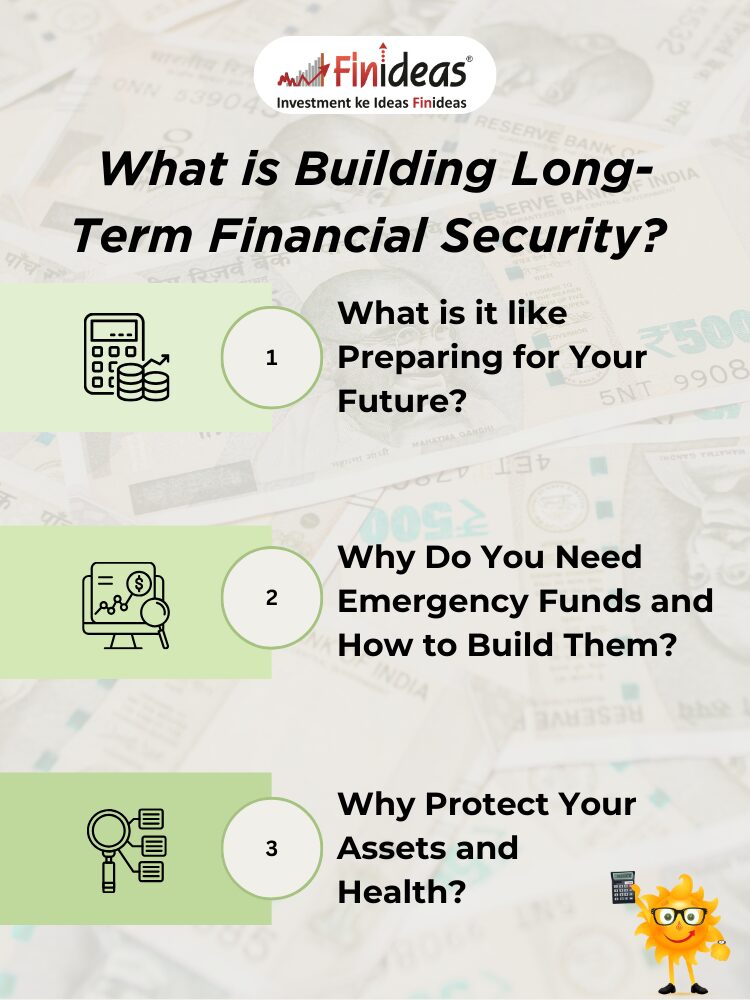Navigating Financial Literacy Essential Skills for Success
In today’s world, financial literacy is more than just a desirable skill—it’s a critical asset that empowers individuals to make informed decisions about their finances. Whether you’re managing daily expenses, planning for retirement, or investing for the future, understanding key financial concepts and practices can significantly impact your financial well-being and future security.
Why is Financial Literacy Important?
Financial literacy equips individuals with the knowledge and skills needed to effectively manage their money, avoid debt traps, build savings, and make sound investment decisions. Without these skills, people may struggle with financial stress, accumulate unnecessary debt, and miss out on opportunities to grow their wealth and secure their future.
What are Basic Financial Concepts?
How to Manage Your Money Effectively?
Budgeting is the cornerstone of financial management. It involves creating a plan for how you will allocate your income towards expenses, savings, and investments. Effective budgeting not only helps you live within your means but also allows you to save for goals like buying a home, traveling, or retiring comfortably.
To create a budget, start by listing all your sources of income and fixed expenses such as rent, utilities, and loan payments. Then, allocate a portion of your income towards variable expenses like groceries, entertainment, and dining out. Finally, set aside a percentage for savings and investments to build your financial future.
How to Grow Your Wealth?
Saving involves setting aside a portion of your income for short-term goals and emergencies, while investing focuses on growing your wealth over the long term. Saving is crucial for financial stability and creating a safety net for unexpected expenses. Emergency funds should ideally cover 3-6 months’ worth of living expenses and be kept in a liquid, easily accessible account like a savings account or money market fund.
Investing, on the other hand, allows your money to work for you by earning returns over time. Common investment options include stocks, bonds, mutual funds, and real estate. Before investing, consider your risk tolerance, investment goals, and time horizon. Diversifying your investments can help manage risk and maximize returns.
How to Avoid and Manage Debt?
Debt can be a double-edged sword—it can finance important purchases like education and homes but can also lead to financial strain if not managed properly. To avoid excessive debt, borrow only what you can afford to repay and prioritize paying off high-interest debt first. Strategies like the debt snowball method (paying off the smallest debt first) or the debt avalanche method (paying off the highest interest debt first) can help you eliminate debt faster and save on interest payments.
What is Building Long-Term Financial Security?
What is it like Preparing for Your Future?
Planning for retirement early allows you to take advantage of compound interest and ensure a comfortable future. Start by estimating your retirement expenses based on your current lifestyle and desired retirement age. Consider factors like inflation, healthcare costs, and potential changes in income sources.
If you are thinking about Long term investment then you must know about Index Long Term Strategy.
Why Do You Need Emergency Funds and How to Build Them?
Emergency funds provide financial security during unexpected situations like job loss, medical emergencies, or car repairs. Aim to save 3-6 months’ worth of living expenses in an easily accessible account like a savings account or money market fund. Start by setting small, achievable savings goals and automate contributions to your emergency fund to build it over time.
Why Protect Your Assets and Health?
Insurance protects against financial losses due to unforeseen events like accidents, illnesses, or natural disasters. Common types of insurance include health insurance, life insurance, auto insurance, homeowners or renters insurance, and disability insurance. Evaluate your insurance needs based on your financial situation, lifestyle, and risk tolerance. Shop around to compare coverage options and premiums to find the best insurance policies for your needs.
How to Enhance Financial Literacy?
Where to Find Reliable Information?
Access to reliable financial information and tools is crucial for making informed decisions. Sources for financial education include government websites, reputable financial institutions, personal finance books, and online resources like financial blogs and podcasts. Look for sources that provide unbiased information and educational content tailored to your financial goals and interests.
Why Continuing Education?
Engaging in ongoing financial education helps you stay updated on financial trends, strategies, and best practices. Many community centers, universities, and financial institutions offer workshops, seminars, and online courses on topics like budgeting, investing, retirement planning, and debt management. Participating in financial literacy programs can provide you with practical skills and knowledge to improve your financial well-being.
Conclusion
Financial literacy is a lifelong journey that requires continuous learning and adaptation to changing financial landscapes. By understanding basic financial concepts, practicing responsible financial habits, and seeking ongoing education, individuals can build a solid foundation for financial success and security. Whether you’re just starting your financial journey or looking to enhance your existing knowledge, investing in financial literacy today can pay dividends for your future.
What financial goal are you currently working towards, and what steps are you taking to achieve it? Do comment Down Below
Happy Investing!
This article is for education purpose only. Kindly consult with your financial advisor before doing any kind of investment..


